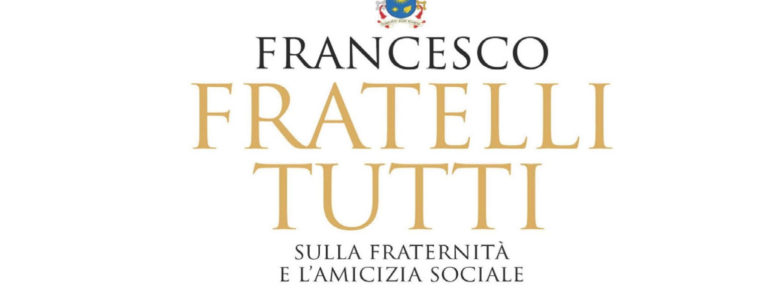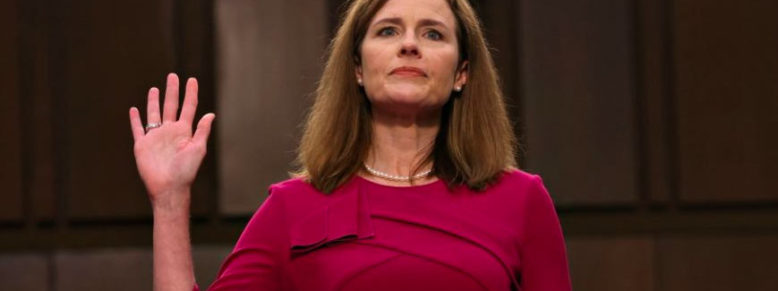This post by Edward Hadas is part of a longer article on covid, lockdowns and Catholic social teaching published by Together for the Common Good
Much has been written about the medical aspects of Covid-19. Some attention has been paid to the effectiveness of the lockdowns ordered to combat the disease. Much less interest has been shown in evaluating the gamut of their non-medical effects. “Lockdown” refers to any collection of severe and fairly long-lasting governmental restrictions on the normal activities of human beings. This article is a critical study of what these lockdowns have done from the perspective of the first principle of Catholic social teaching – the promotion of human dignity.
Read more >>









